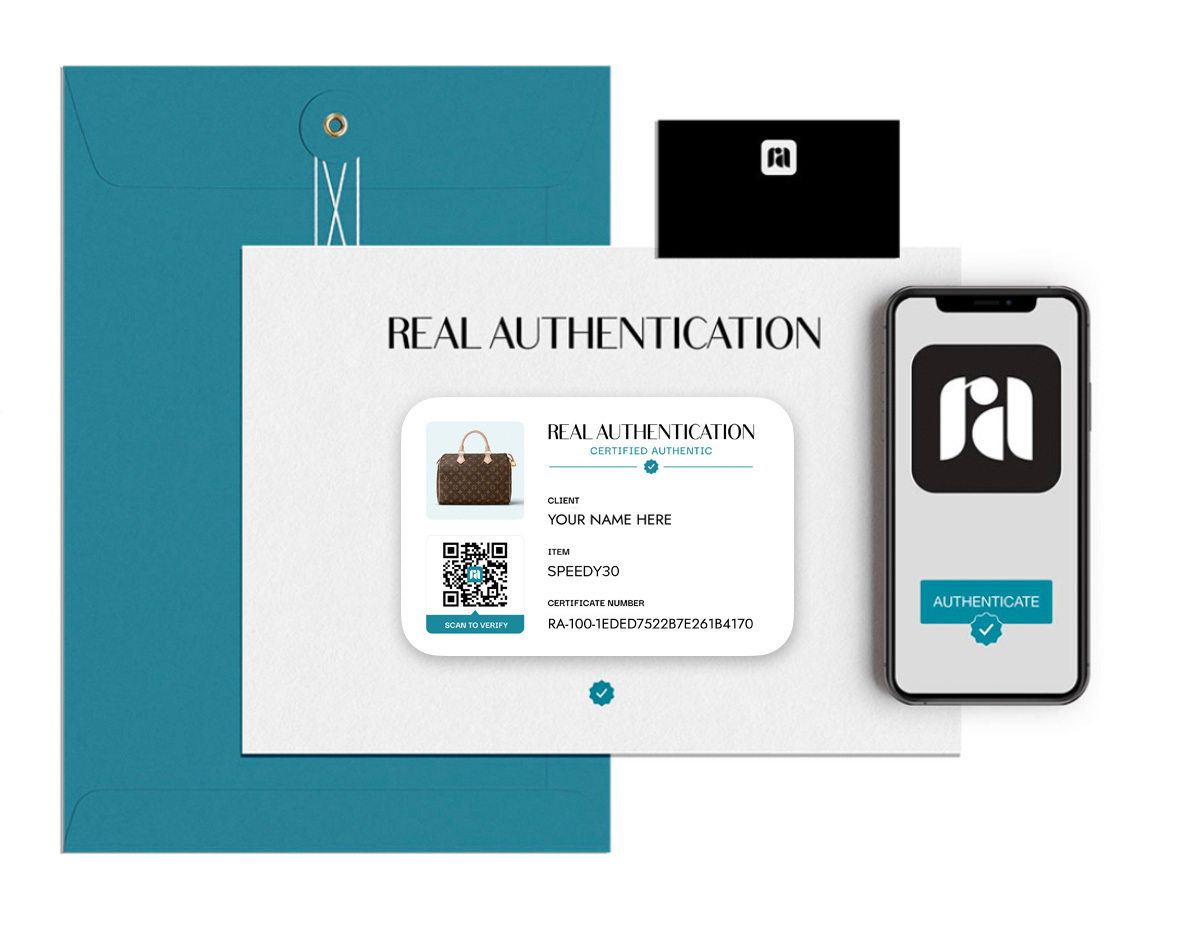The Reasons Designer Counterfeits are Terrible for Society
The Reasons Designer Counterfeits are Terrible for Society
You might be asking yourself: what’s so wrong with buying counterfeit designer goods? Does it even matter if you buy a fake designer purse or wallet? Should we care if we find vendors online that sell fake designer items and not report them?
Making and selling counterfeit merchandise is illegal because it violates trademark and copyright law in the United States. Current trademark law in the U.S. prohibits trademark dilution and trademark infringement.
How Can Registered Trademarks Help Identify Counterfeits
Registered trademarks often include business or product names, key phrases, designs, or marks. These special markers help identify the source and manufacturers of products to enable the public to identify merchandise sources.
Trademarks allow the public to distinguish one company’s products from another. Obtaining a federal registration from the Patent and Trademark Office makes it illegal for another to use that same registered trademark. Each state also has its own trademark laws, as do most countries outside of the United States. Infringements are based on the “likelihood of confusion” standard.
Why Counterfeits Are Terrible for Society
Counterfeit investigator, Alastair Gray, exploits the scary truth behind the negative impacts that counterfeiting has in his 2017 TedTalk. He discusses how purchasing counterfeit items are often linked to crimes such as helping fund terrorism acts and encourages the following activities to help meet demands: human trafficking and child labor. Purchasing counterfeit designer handbags, wallets, and sunglasses is also linked to gang activity and drug smuggling.
Not only are counterfeit items linked to crimes, but they can also ruin the reputation of luxury fashion brands. Imagine the following scenario: a counterfeit Louis Vuitton handbag purchased by someone on Amazon or eBay could have been stitched by a young child kidnapped from their family, then the money used from the sale funds criminal activities such as human trafficking, purchasing weapons, or drugs, etc.
The International Chamber of Commerce states that negative impacts of counterfeiting in 2017 were projected to drain $4.2 trillion from the global economy, and at least $70 million came from counterfeit handbag purchases.
Disclaimer: Real Authentication is a 3rd party authentication service and is in no way affiliated with the brands it services.
About Real Authentication: Real Authentication’s mission is to provide individuals, dealers, and global brands with unparalleled confidence and peace of mind by leveraging our deep expertise and years of experience to deliver the most trusted and accurate luxury goods authentication service available. Follow this blog and sign up for our newsletter using the form below for more industry news, tips to spot counterfeits, and more! You can also connect with us on social media on Facebook, Instagram, TikTok, and Pinterest.
Need Expert Authentication?
Our user-friendly process lets you receive authentication in as little as 1 hour from anywhere in the world.

1. Upload Your Photos
Simply upload images showing your product—anything from luxury handbags to clothing, shoes, and more.

2. Product is Verified
Two or more expert luxury authenticators typically review each product. Orders stay in your account for future reference. Added layers of AI technology and Quality assurance help to ensure accuracy prior to approval.

3. Get Certification
Instantly receive electronic certification. Upgrade your order at any time to receive official documentation—from Authenticity Cards to Written Statements.


